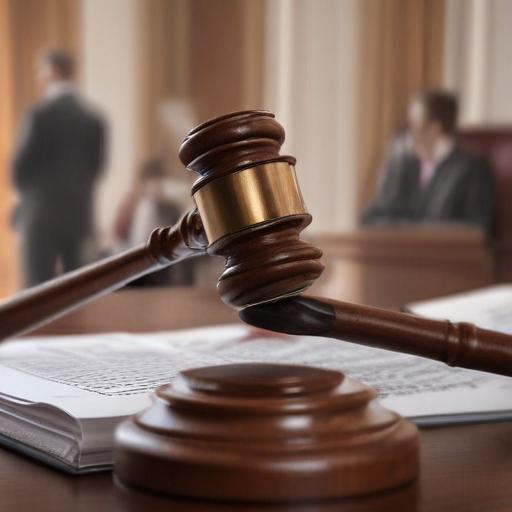Tensions are escalating between Vice President JD Vance and Chief Justice John Roberts over the role of the judiciary in checking the powers of the President and Congress. In a recent interview with New York Times columnist Ross Douthat, Vance expressed his disagreement with Roberts’ assertion that courts should independently oversee potential excesses from both the legislative and executive branches. He argued that part of the judiciary’s role should also include moderating its own authority in relation to the elected branches.
Vance elaborated that American voters should be allowed to influence immigration enforcement policies rather than having court decisions countermand their electoral choices. This comes in the wake of multiple judicial rulings that have thwarted policies put forward by the Trump administration regarding deportations. For instance, the Supreme Court issued a stay against the administration’s efforts to deport a group of Venezuelan migrants while also sending related cases back to lower courts for further evaluation.
In the past, Trump has voiced his frustrations over these rulings, particularly after the Supreme Court barred several deportation actions, claiming the courts are obstructing his mandated responsibilities. The challenges between the executive branch and the judiciary raise important discussions about the balance of power and the effects of these legal decisions on the policies formed by elected officials.
This situation reflects a broader concern regarding the respect for the constitutional separation of powers. As Trump continues to navigate the complexities of governance with Republicans holding a majority in Congress, the judiciary might remain a critical check on his authority, especially as lower court decisions have sometimes countered orders from the administration.
The exchange between Vance and Roberts signals undercurrents of a significant ideological debate regarding the role of the courts, which remains relevant in current discussions about executive power and the judiciary’s function within American democracy.
Ultimately, the ongoing dialogue highlights the importance of an independent judiciary in safeguarding democratic principles while navigating the tensions between elected officials and the legal system. While it can often be a contentious landscape, a robust debate may foster more nuanced understandings of governance and legal interpretations moving forward.
